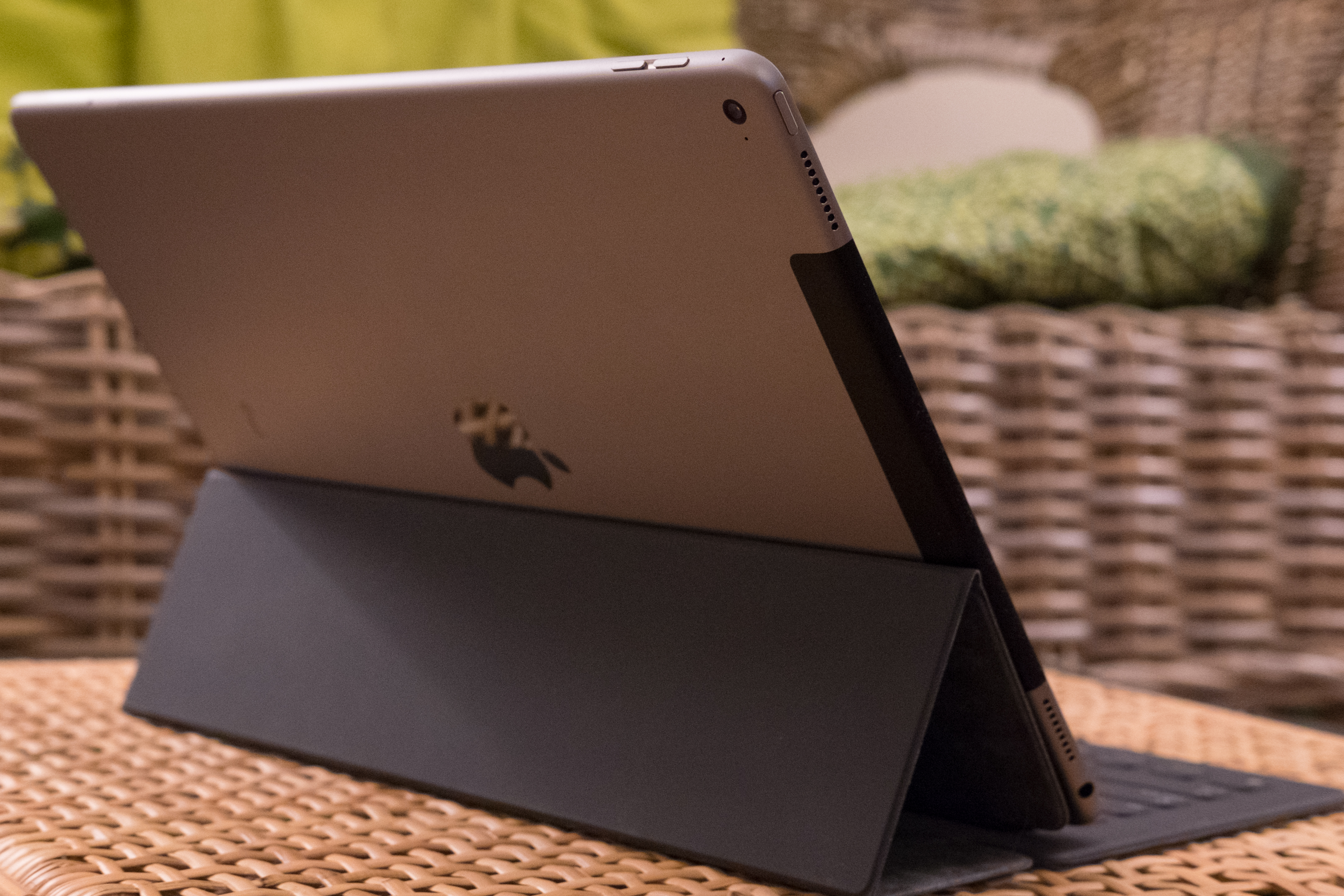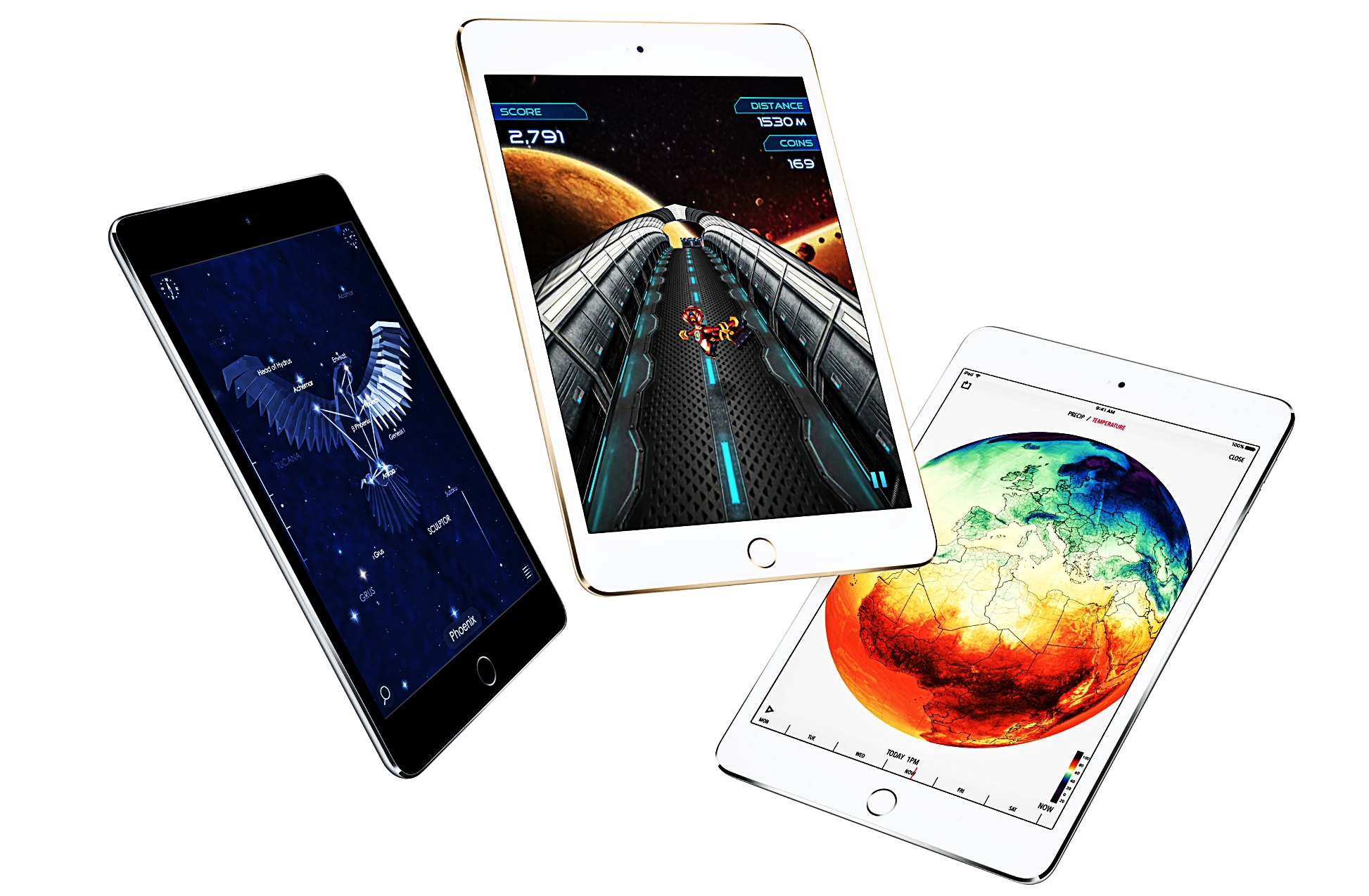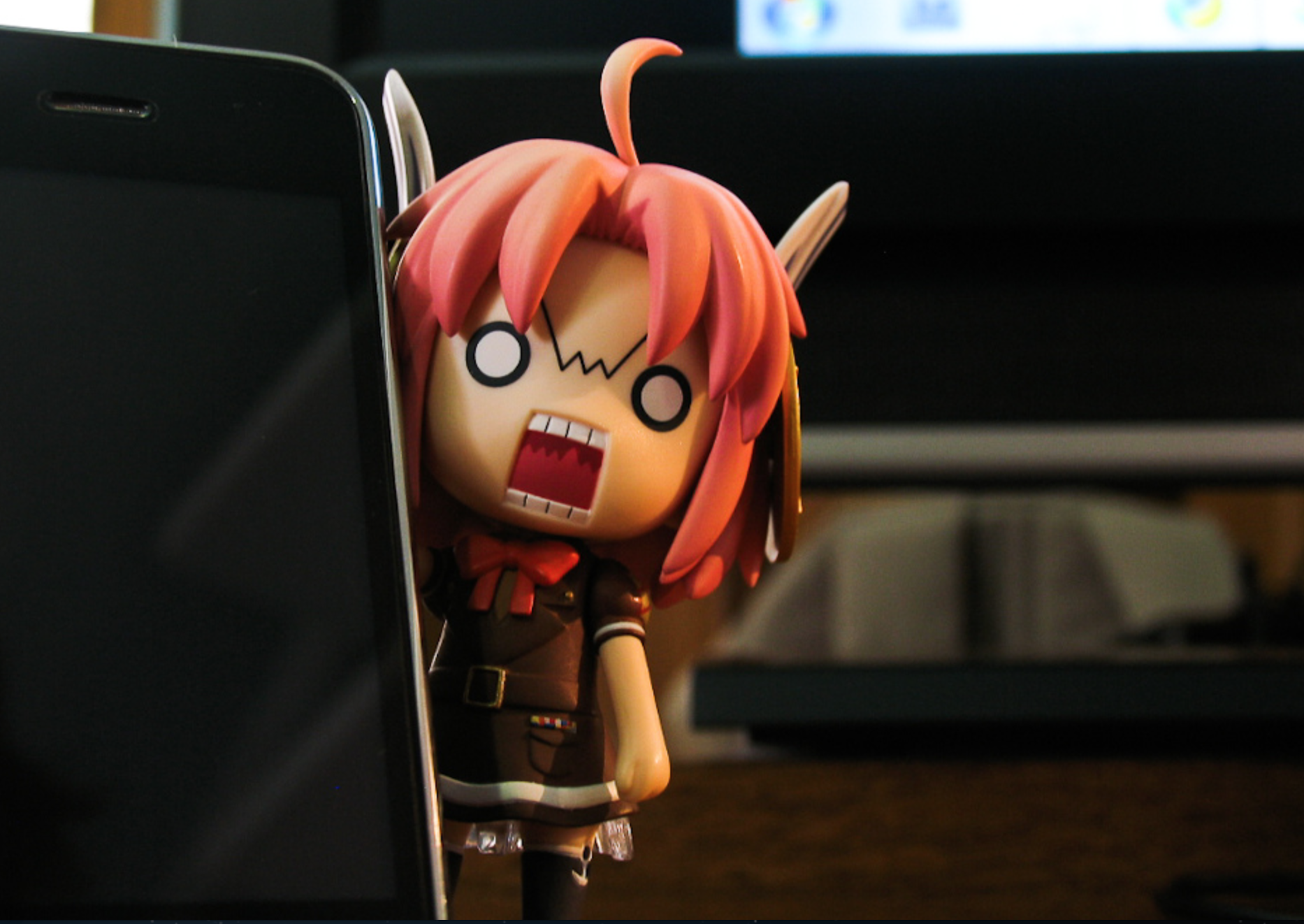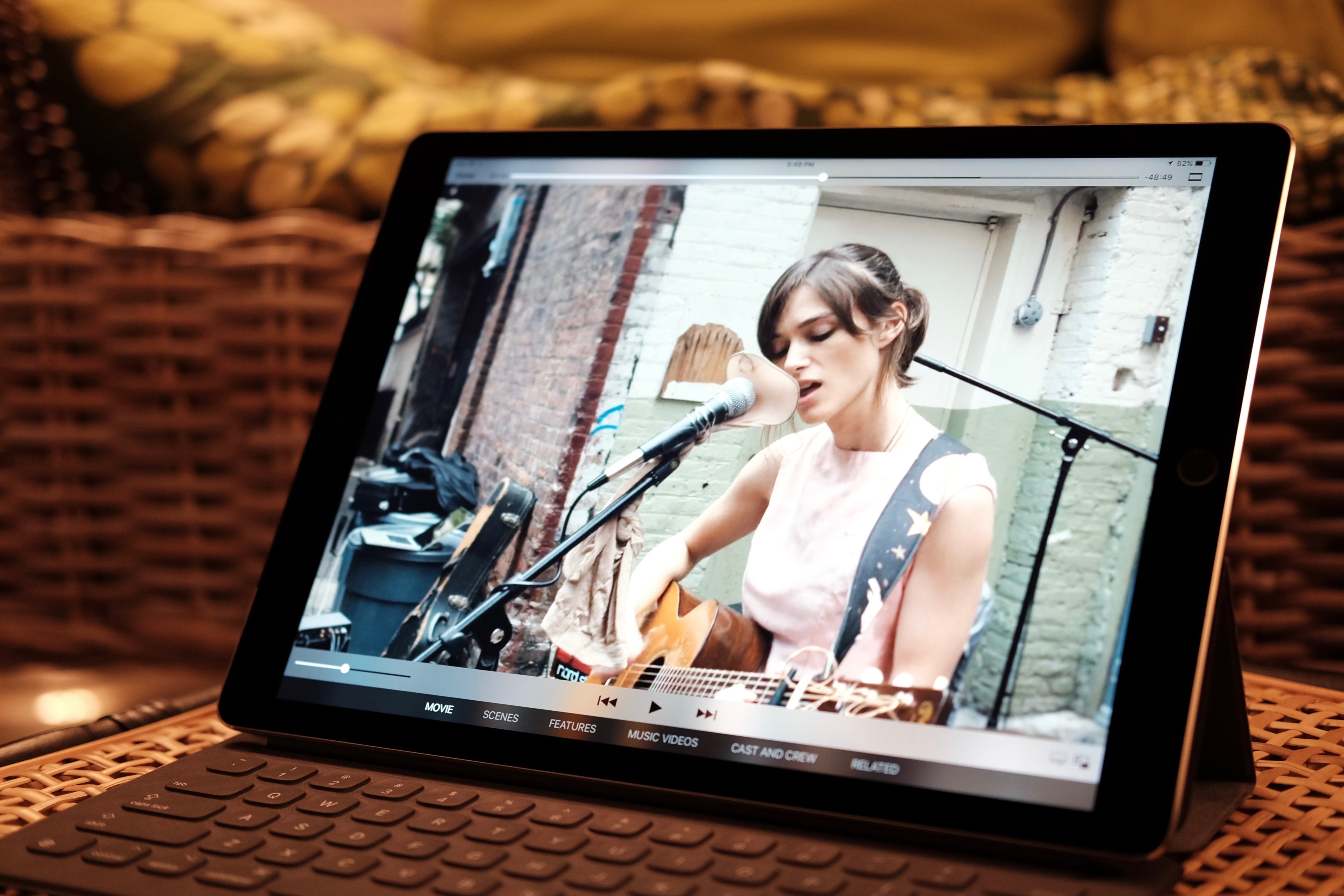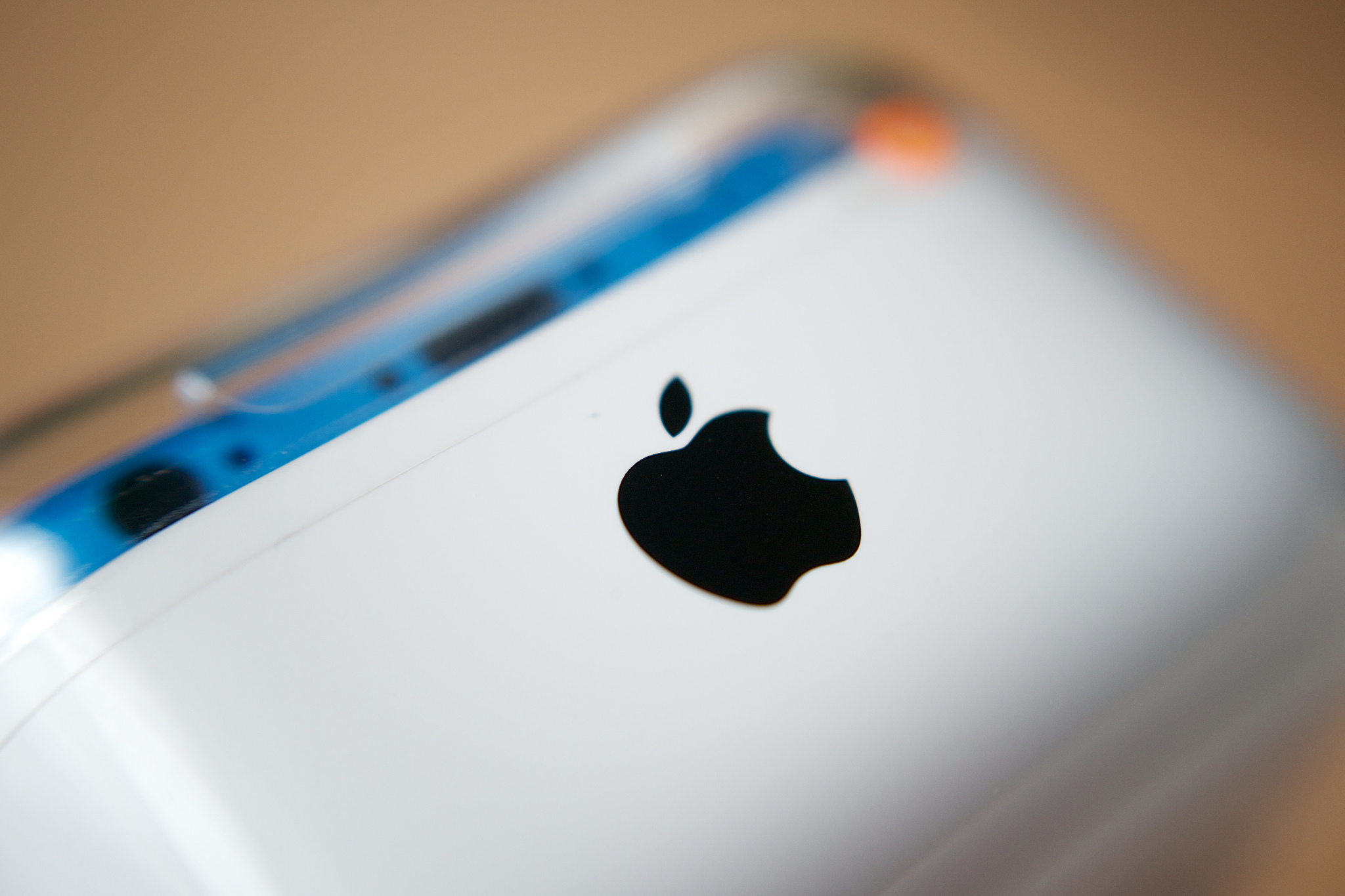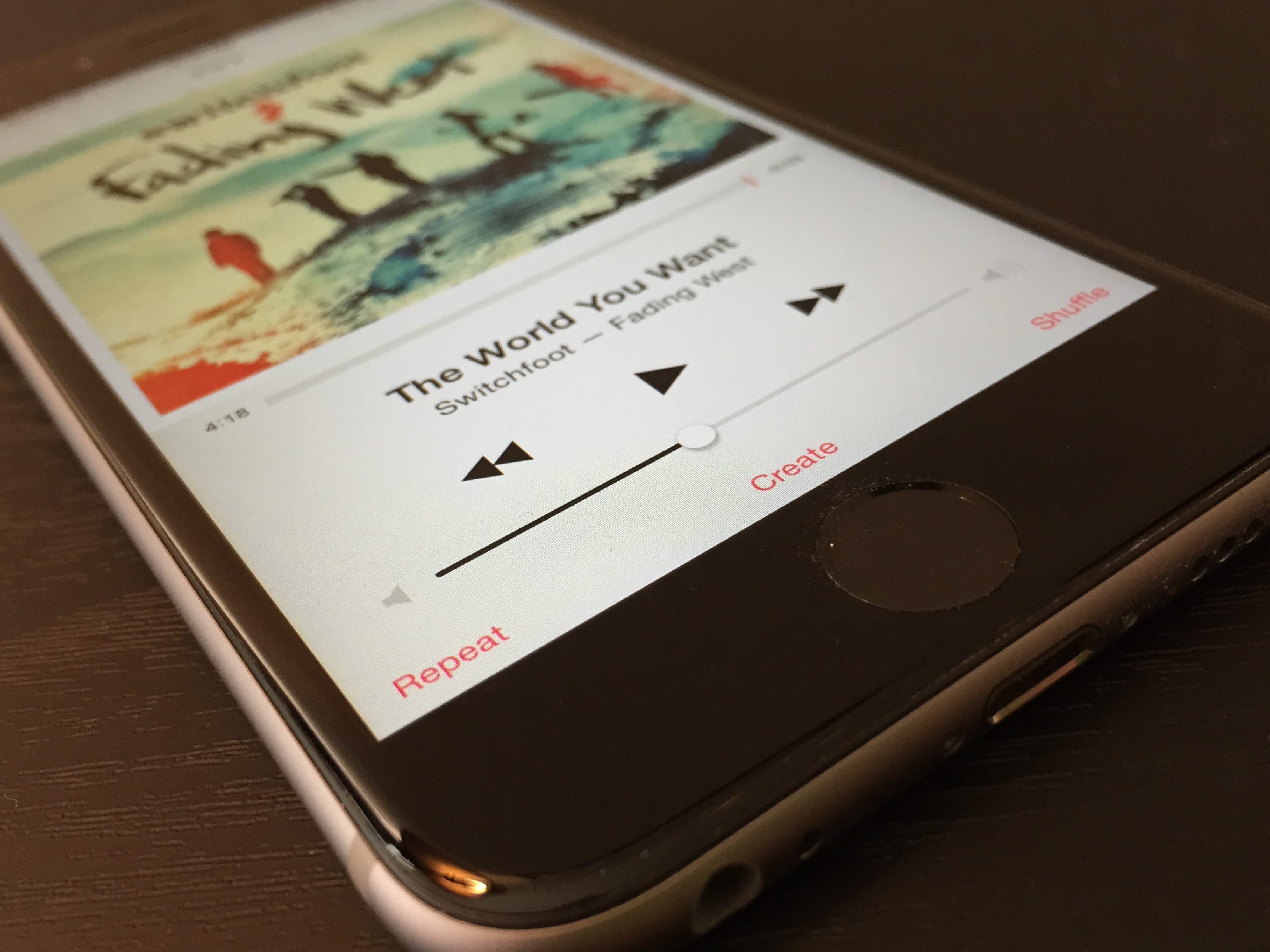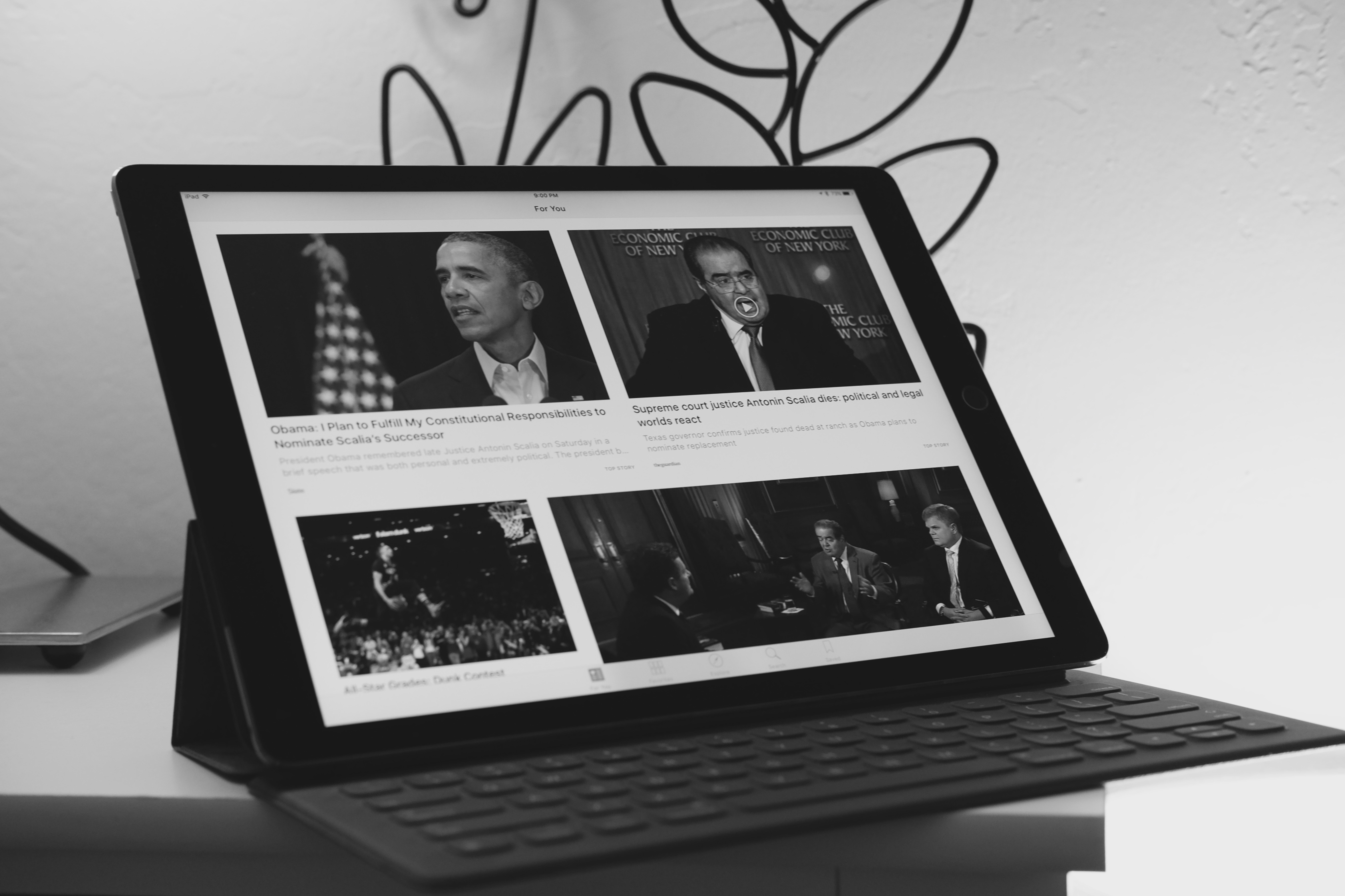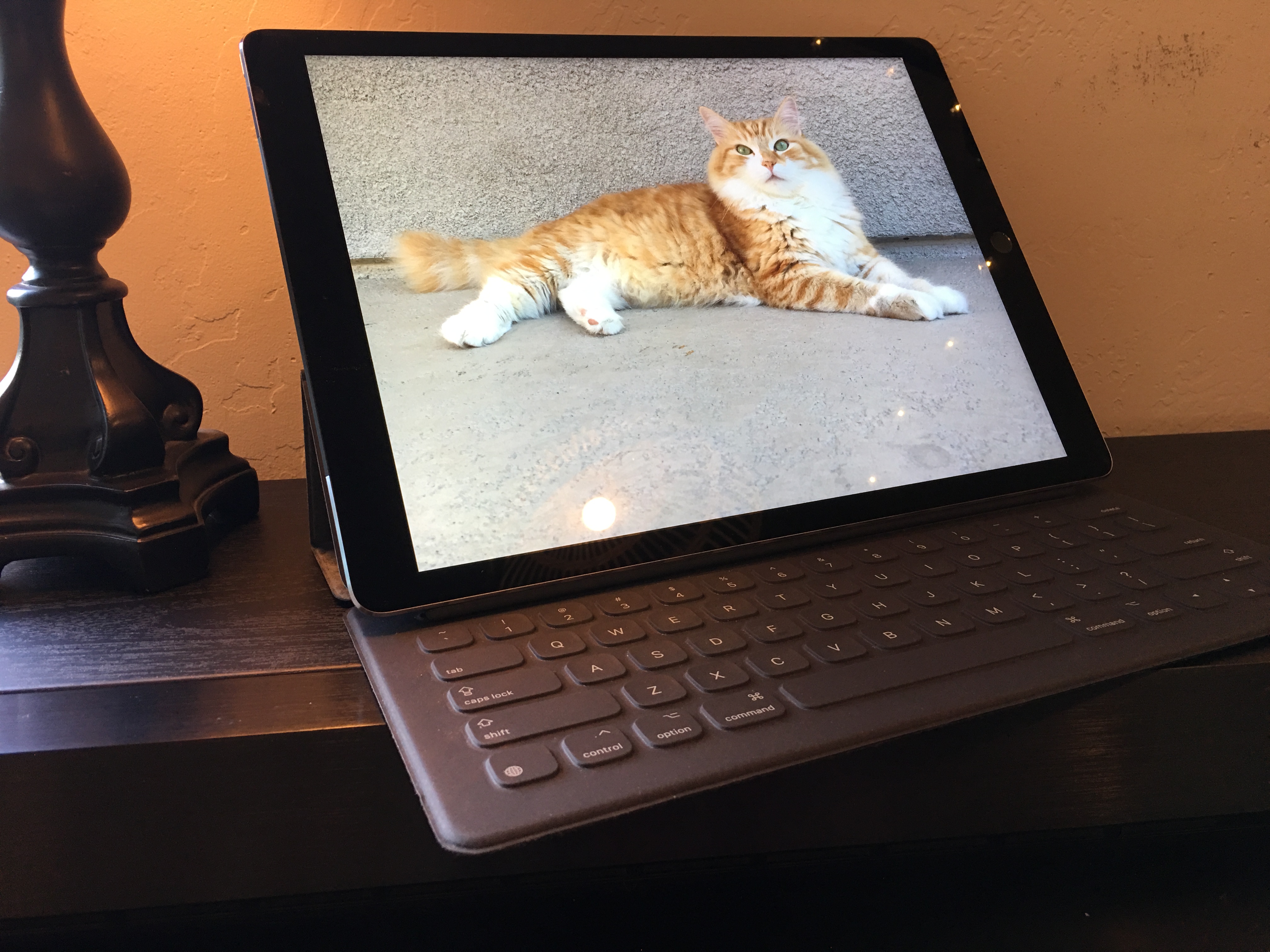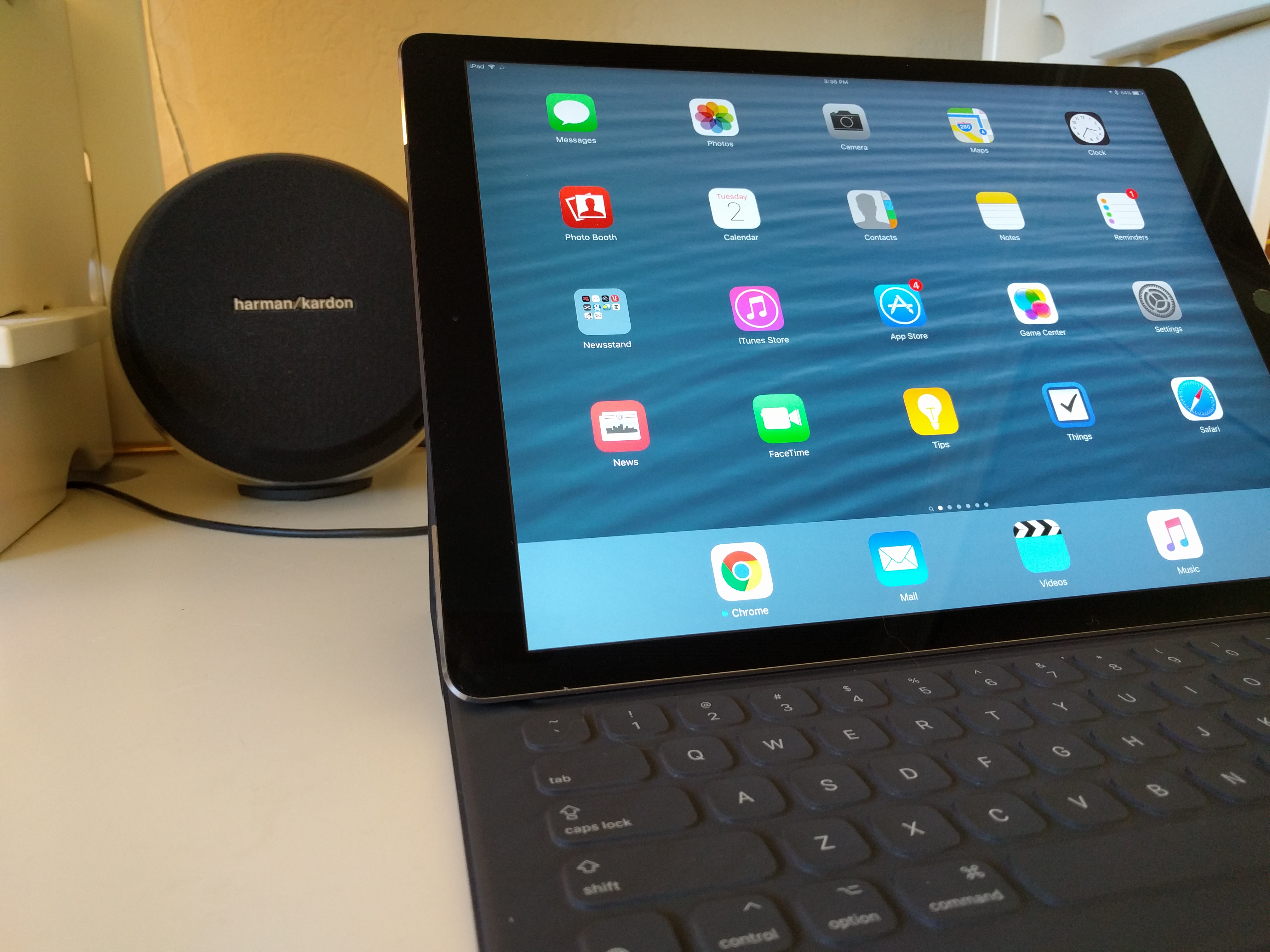April 3, 2016 marks the first day that I truly could use Apple’s over-sized tablet to replace my laptop. But I had to spend another $84, before California tax, to do it. Gadget reviewers who say that iPad Pro cannot be your computer are wrong. The apps, performance, and utility are there, Anyone creating content should consider this device as compliment to, or replacement for, an existing PC. The problem with 12.9-inch iPad Pro isn’t what it can do but how much it costs to assemble what you need. This kit is far from budget-friendly, which also can be said of Microsoft’s competing Surface Pro 4.
I started my iPad Pro sojourn on Groundhog Day, planning to use the device as my primary PC for 30 days. The objective: Apple CEO Tim Cook says the big-ass tablet can replace a personal computer, I want to see if he is right. The experiment isn’t my first journey like this. I tried something similar during summer 2011 with one of the first Chromebooks. The path was a dead end. But Spring 2012, when new commercial models released, I started down the path again and never looked back. Google’s Chromebook Pixel LS was my main computer before adopting the iPad lifestyle.
